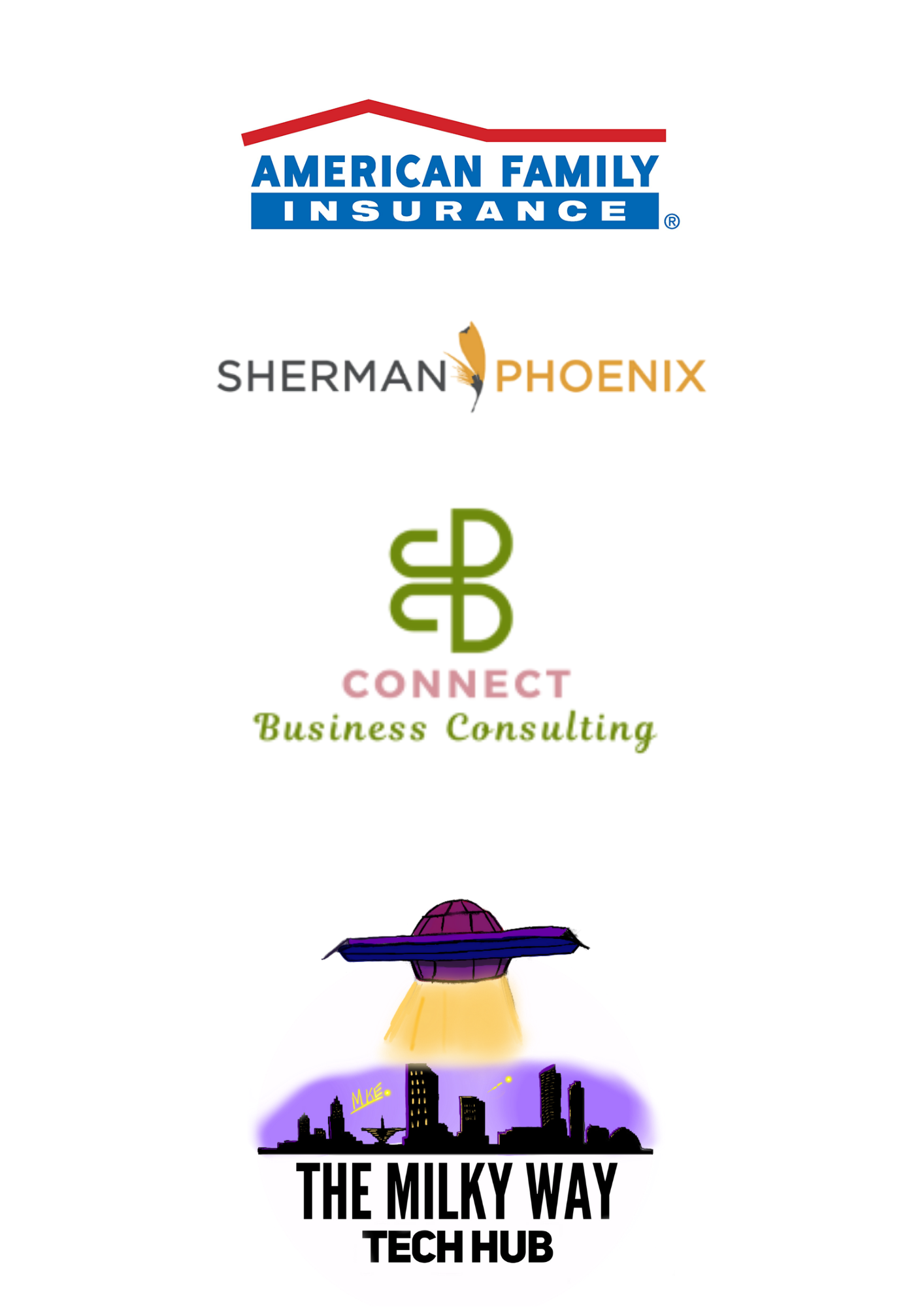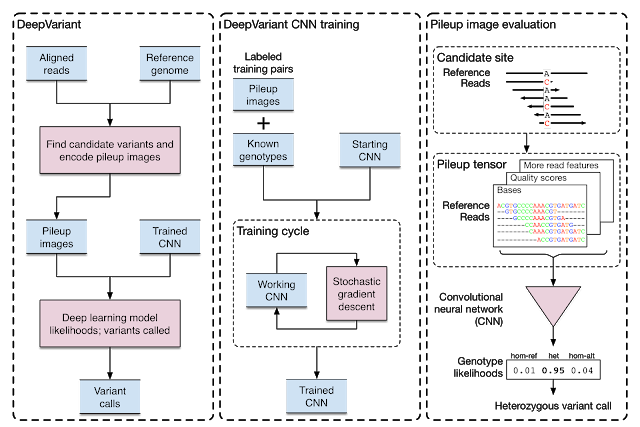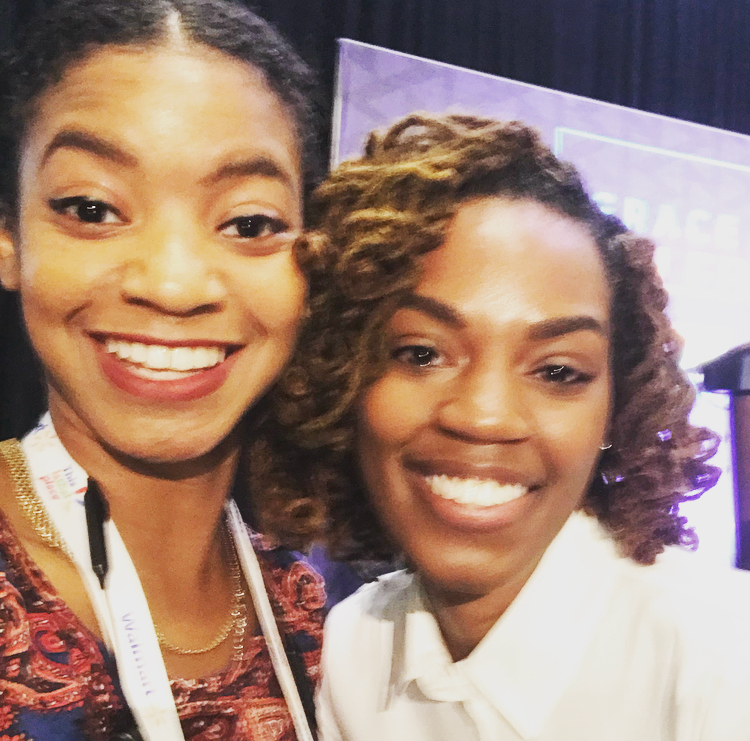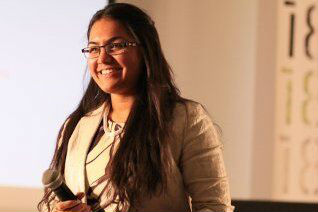El-Amins are living their passion by helping others succeed
Milwaukee natives, Que and Khalif El-Amin are the founders of Young Enterprising Society (YES) and The Blueprint. The brothers have been inspired by their father who’s an entrepreneur, their mother, and their entire family full of dynamic talent and knowledge.
“A lot of my inspiration was my father, he’s been an entrepreneur for over 30 years now. Seeing him and how he was able to give other people opportunity, and not just for himself, has always been inspiration.”
—Que El-Amin
After attending college and living in various cities across the U.S., the brothers returned to Milwaukee. The El-Amins started YES after realizing they could use their wide network and resources to help the city. A lot of their business was built around connecting. In the beginning they hosted a large party at a local venue and got people together from all areas of Milwaukee, of all races and backgrounds. The brothers were able to show a unified front by bringing together a diverse group of people.
The mission of YES is to be an international epicenter for financially, politically, and socially progressive individuals. Serving as a hub, YES mobilizes people, information, resources and capital for the greater good of its members and society at large.
YES presents Science, Technology, Engineering, Art & Math programming to students in an interdisciplinary and transdisciplinary approach that shows children young working examples of people that generate income from these fields. The goal of the Science, Technology, Engineering, Art & Math, program is produce students who are trained in entrepreneurial skills based in STEAM that allow them to be successful in industry or college upon completion.
“Big businesses aren’t going to bring back the jobs that we saw in the past, so we have to create our own opportunities.”
—Que El-Amin
YES started the business accelerator known as “The Blueprint” after noticing the lack of African Americans and people of color at a local tech event. The Blueprint helps to develop a rich entrepreneurial ecosystem in the areas of technology, eCommerce, and advanced manufacturing. The Blueprint program provides entrepreneurs and small businesses looking to start and scale in Wisconsin with tools for sustainable business models that will help them be successful. The focus of YES is to continue to grow businesses, and grow entrepreneurs in the city of Milwaukee, and wherever they grow and continue to grow.
“When you have different types of people, they have more insights, more thoughts, and the more diverse thoughts you have, the better a product is going to be. From a business perspective, you need diverse thought, because they produce better products.”
—Que El-Amin
YES is contributing to The Milky Way Tech Hub Initiative by building an inclusive ecosystem in Milwaukee. They’re giving businesses opportunity, providing them with resources to be successful, and motivating them—seeing somebody else be successful inspires others to believe they can be too. They also believe that collaboration is the key to making Milwaukee be the home of tech diversity across the country—by breaking down silos, working together, and using our strengths and weaknesses to have a direct effort, we can help ensure we’re not recreating the wheel or making the same mistakes.
“We don’t want to have 1,000 tech organizations and still not be a tech hub. We need to make sure we’re working with each other, not against each other.”
—Que El-Amin
Get involved
YES believes in developing strong alliances that strengthen communities. You can get involved by visiting the YES website at followtheyes.com/
YES also has many free resources—courses on STEAM, resources for free software, digital libraries, and scholarships. Visit YoungEsociety.com to learn more.
Additionally, you can join YES on Sunday, June 30, as they welcome Sheena Allen as their special guest for Demo Day. They will have 12 businesses pitching their newly formed ideas as part of The Blueprint Cultivator.
“Give back as much as you can. Bring other people up with you”
—Que El-Amin














